
Searching for the 10 best foods that can help unclog arteries? Maintaining cardiovascular health is crucial for overall well-being. One of the significant concerns many face today is the risk of clogged arteries, which can lead to serious conditions such as heart disease, heart attacks, and strokes. Fortunately, incorporating certain foods into your diet can help promote arterial health and potentially unclog arteries. In this article, we’ll explore ten foods that are not only delicious but also beneficial for your cardiovascular system.
Table of Contents
10 Best Foods That Can Help Unclog Arteries
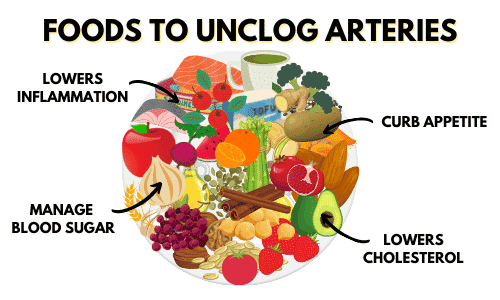
1. Fatty Fish

Fatty fish, such as salmon, mackerel, sardines, and trout, are rich in omega-3 fatty acids, which are essential for heart health. Omega-3s help reduce inflammation, lower blood pressure, and decrease triglyceride levels in the blood. Studies have shown that regular consumption of fatty fish can help reduce the risk of heart disease by improving arterial function and reducing plaque buildup.
How to Incorporate:
Aim to eat fatty fish at least twice a week. You can grill, bake, or add it to salads and pasta dishes for a nutritious boost.
2. Avocado

Avocado is a nutrient-dense fruit packed with monounsaturated fats known to be heart-healthy. These fats can help lower bad cholesterol (LDL) levels while raising good cholesterol (HDL) levels. Additionally, avocados are rich in potassium, which helps regulate blood pressure.
How to Incorporate:
Add avocado to salads and smoothies, or spread it on whole-grain toast. It can also be used as a creamy base for dips and sauces.
3. Berries
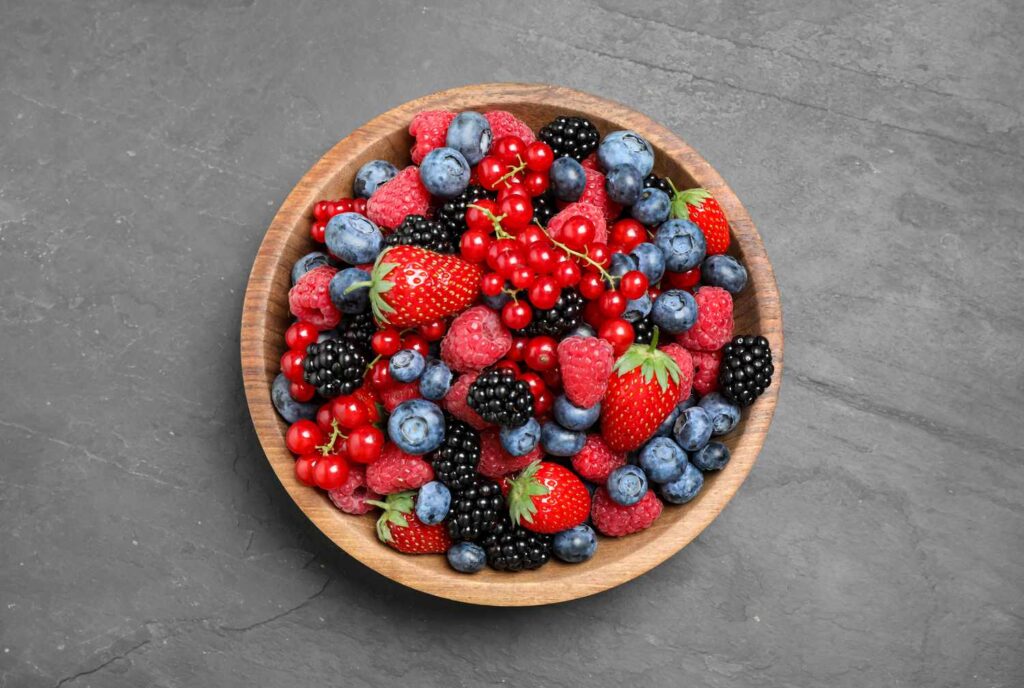
Berries such as blueberries, strawberries, and raspberries are high in antioxidants, particularly flavonoids, which can improve heart health. These compounds help reduce inflammation and oxidative stress, which are both linked to clogged arteries. Studies have found that consuming berries regularly improves blood vessel function.
How to Incorporate:
Snack on fresh berries, add them to yogurt or blend them into smoothies. They also make a fantastic addition to oatmeal and salads.
4. Leafy Greens
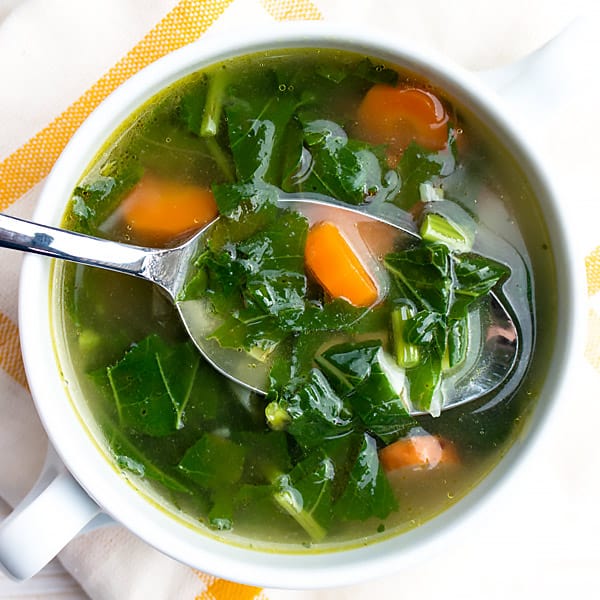
Leafy greens like spinach, kale, and collard greens are rich in vitamins, minerals, and antioxidants. They are particularly high in vitamin K, which helps prevent calcium buildup in arteries. Additionally, these greens are high in fiber, which can help lower cholesterol levels.
How to Incorporate:
Incorporate leafy greens into salads, smoothies, and soups. You can also sauté them as a side dish or add them to omelets.
5. Nuts
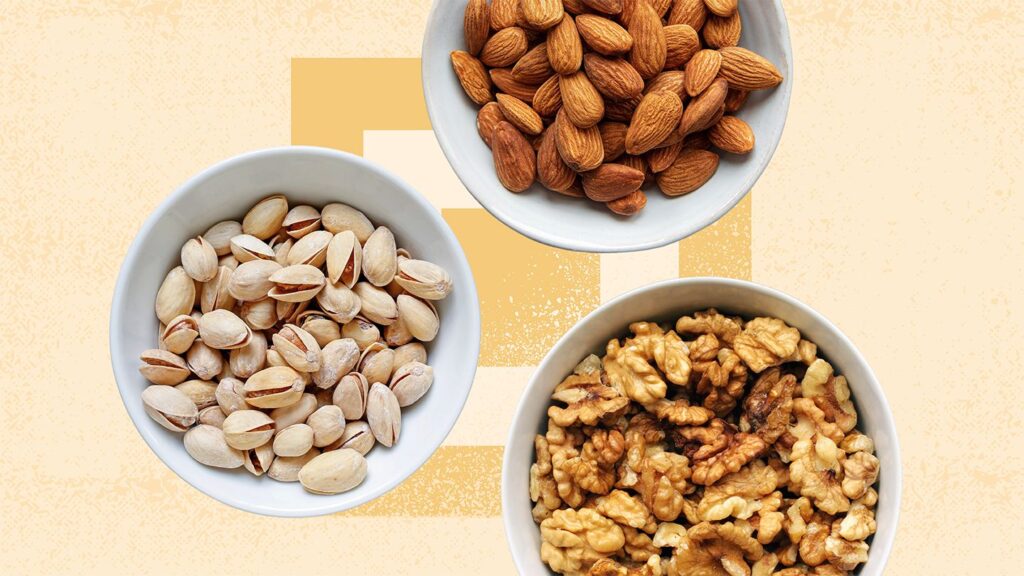
Nuts, especially walnuts, almonds, and pistachios, are excellent sources of healthy fats, protein, and fiber. They are known to lower cholesterol levels and reduce inflammation. Walnuts, in particular, are rich in omega-3 fatty acids, making them a heart-healthy snack.
How to Incorporate:
Enjoy a handful of nuts as a snack, sprinkle them on salads, or add them to baked goods for extra crunch and nutrition.
6. Olive Oil
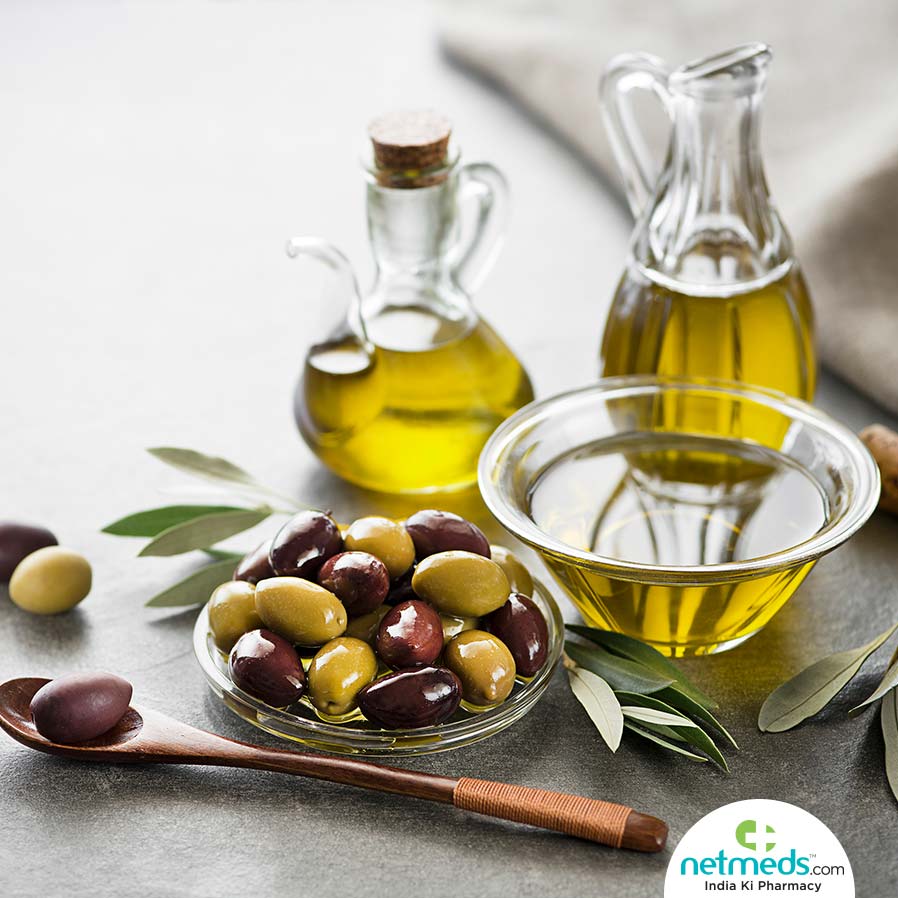
Olive oil, particularly extra virgin olive oil, is a staple of the Mediterranean diet and is well-known for its heart-healthy benefits. It is rich in monounsaturated fats and antioxidants, which can help lower inflammation and cholesterol levels. Studies suggest that using olive oil as a primary fat source can reduce the risk of heart disease.
How to Incorporate:
Use olive oil as a dressing for salads, drizzle it over vegetables, or use it for cooking at low to medium heat.
7. Garlic
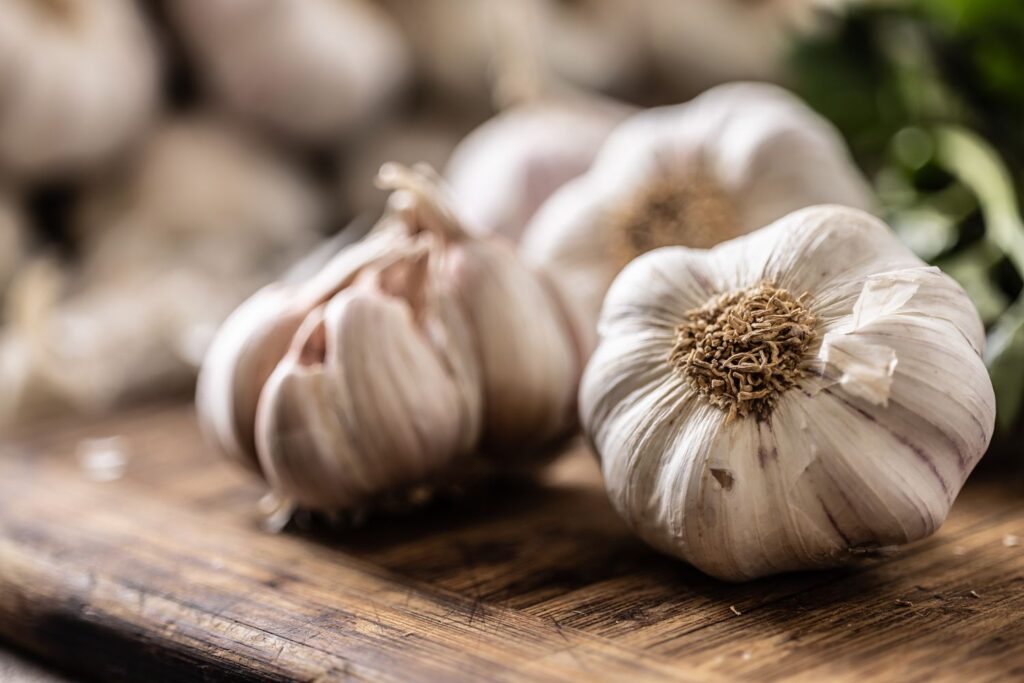
Garlic is not just a flavorful addition to many dishes; it also offers numerous health benefits. Allicin, a compound found in garlic, has been shown to have a positive effect on heart health. It can help lower blood pressure, reduce cholesterol levels, and prevent plaque buildup in arteries.
How to Incorporate:
Incorporate fresh garlic into your cooking by adding it to sauces, marinades, and stir-fries. You can also enjoy garlic supplements, but fresh is always best.
8. Beans and Legumes
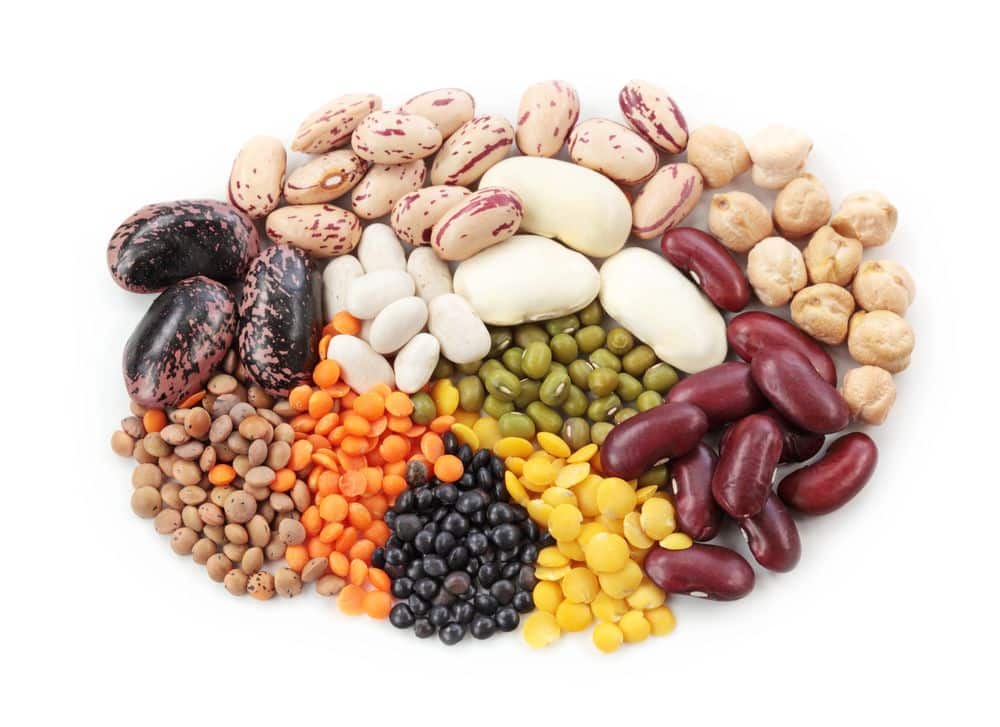
Beans and legumes, such as lentils, chickpeas, and black beans, are rich in fiber and protein. They help lower cholesterol levels and improve overall heart health. The soluble fiber found in beans can help remove cholesterol from the bloodstream, thereby reducing the risk of arterial blockage.
How to Incorporate:
Add beans to salads, soups, and stews. You can also use them as a base for veggie burgers or pureed into dips like hummus.
9. Dark Chocolate

Surprisingly, dark chocolate can be beneficial for heart health when consumed in moderation. It is rich in flavonoids, which can help improve blood flow, lower blood pressure, and reduce the risk of heart disease. The key is to choose chocolate that contains at least 70% cocoa to maximize health benefits.
How to Incorporate:
Enjoy a small piece of dark chocolate as a snack, or use cocoa powder in smoothies and baked goods for a rich flavor.
10. Turmeric

Turmeric, the golden spice commonly used in curry, contains curcumin, which has powerful anti-inflammatory and antioxidant properties. Curcumin can help improve endothelial function, which is crucial for maintaining healthy arteries and reducing the risk of atherosclerosis.
How to Incorporate:
Add turmeric to soups, stews, and rice dishes. You can also make turmeric tea or golden milk by mixing it with warm milk and a pinch of black pepper to enhance absorption.
Conclusion
Incorporating these ten foods into your diet can significantly contribute to maintaining healthy arteries and reducing the risk of cardiovascular diseases. While no single food can completely prevent heart disease, a balanced diet rich in these nutrient-dense options, combined with a healthy lifestyle, can make a substantial difference in your overall heart health.
Additional Tips for Arterial Health:
- Stay Hydrated: Drink plenty of water throughout the day to maintain optimal blood circulation.
- Exercise Regularly: Aim for at least 150 minutes of moderate-intensity exercise per week to strengthen your heart and improve circulation.
- Limit Processed Foods: Reduce intake of trans fats, saturated fats, and high-sugar foods that can contribute to arterial plaque buildup.
- Manage Stress: Practice stress-reducing techniques such as yoga, meditation, or deep breathing exercises to help lower blood pressure and improve heart health.
By embracing a heart-healthy diet and lifestyle, you can take proactive steps toward ensuring the health of your arteries and overall cardiovascular well-being. Making small, consistent changes in your diet can lead to significant health improvements over time. Enjoy the journey to better heart health, one delicious bite at a time!

